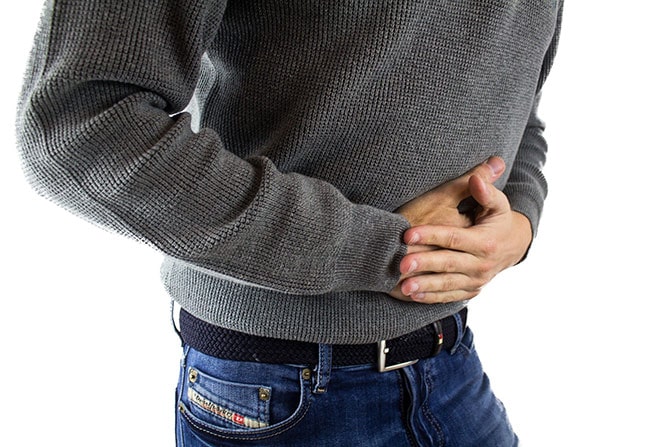
How pain effects your Emotional Wellbeing
Pain affects every single one of us at any stage and often many stages of our life. The category of pain is the leading reason people seek medical attention from a general practitioner, and accounts for approximately 80% of all physician visits. It is estimated that currently, 20 million Canadians experience chronic pain such as:
- back pain
- headaches
- carpal tunnel syndrome
- osteoarthritis
- neck and shoulder pain
- fibromyalgia
It doesn’t have to be chronic pain to have negative effects. Anyone who has had muscle aches, or shoulder or back pain that comes and goes, or a temporary injury, has likely noticed the connection to negative emotions like anxiety, stress, or depression, or general mood swings. Left unchecked, this can have long-term negative consequences, affecting your overall health and getting in the way of everyday tasks and responsibilities at home and work.
Not to mention pain really throws a kink in your active lifestyle, preventing you from doing the things you love—the things that make you, you!
Pain is a multi-dimensional, subjective experience unique to every individual. Weirdly, pain doesn’t only affect your emotions, causing you to be anxious or depressed, it can also be the expression of your anxiety and depression. That’s right, your unaddressed emotional baggage could be causing pain, and/or your pain could be causing you emotional distress. Talk about a knot to untangle!
The good news is, there is significant evidence supporting the inclusion of massage therapy to help alleviate the different types of pain that plague so many of us—and even prevent them from getting severe in the first place.
So how might massage help combat these negative impacts and help to manage all kinds of pain?
A 2016 systematic review and meta-analysis found that, “massage therapy may be beneficial, with minimal safety concerns, for treating various pain and function-related outcomes in pain populations.” The American College of Physicians (ACP) has issued new guidelines for treating low back pain that recommends massage and other complementary therapies such as applied heat and acupuncture over “costly and potentially harmful drugs.”
It’s also important to point out that in addition to pain relief, massage therapy can play a big role in the management of anxiety and depression which have become so common in modern day. In fact, stress and anxiety reduction is among the most common physician referrals and patient requests for massage therapy.
So whether it’s physical pain causing emotional stress, vice versa, or one or the other, massage is a definite win-win-win-win.
When it comes to seeking relief from pain and discomfort, or anxiety and stress, or all of the above, massage therapy can play a large role in your management solution. That’s the upside. And there really is no downside. Massage has been shown to have few risks or adverse side effects, and is generally recognized as safe, therapeutic, and effective.
Come on in and try a massage session customized to meet your unique needs!
Unwinding
This is a simple and powerful way to release tension in your body and mind. You will need about 10 minutes of alone time where you won’t be interrupted. Start by standing, sitting down or laying on your bed. Close your eyes, let go, and allow your body to release tension. You may feel like swaying, contracting, lengthening etc. You may notice that you start yawning which is a sign of tension leaving your system. Emotions most likely will rise up during the process as stress gets released. Be a witness to those emotions and observe as they rise up and get released in waves. Take as long as you need to rest afterwards and come out of the process. You will be amazed at how light and refreshed you will feel! If you are having difficulty feeling into your body try putting on some music that speaks to your heart for the process. You can also stand with your eyes closed, bend your knees slightly, relax your body and start bouncing gently. This may help you connect and feel what is happening inside yourself more easily.
Invite Restorative Sleep
To get better quality sleep, avoid electronic devices for at least one hour before bed. This gives your mind a chance to unwind. You can play relaxing music, do some gentle stretching, take a warm bath…anything that helps you let go of the tensions of the day. Drinking a cup of turmeric milk and massaging your feet with essential oils to help with grounding and calming.
All 5 of these tips can help release tension and increase mental, emotional and physical wellbeing.
